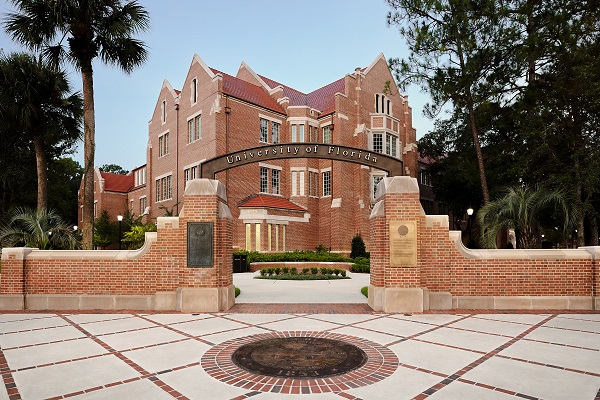At the University of Florida, the study of creatures and biodiversity is a captivating journey into the intricate web of life on Earth. Creatures of all shapes and sizes, from the tiniest insects to majestic mammals, thrive in the diverse ecosystems of Florida. This article delves deep into the rich tapestry of biodiversity that the University of Florida meticulously studies and preserves.
Diverse Wildlife Habitats in Florida
Florida boasts a remarkable array of wildlife habitats, each fostering unique species and ecosystems. From the lush everglades teeming with alligators and wading birds to the sprawling coastal wetlands where manatees and dolphins roam, every corner of Florida harbors biodiversity worthy of study. The University of Florida’s commitment to preserving these habitats provides researchers with invaluable opportunities to understand and protect the delicate balance of nature.

Key Research Initiatives at the University of Florida
Marine Life Conservation Efforts
The University of Florida is at the forefront of marine life conservation, studying diverse marine species from the vibrant coral reefs to the deep-sea ecosystems. Researchers collaborate with local communities and government agencies to implement sustainable practices that safeguard marine biodiversity. Their efforts not only contribute to scientific knowledge but also inform policies aimed at preserving oceanic habitats for future generations.
Avian Ecology and Conservation
Bird enthusiasts and researchers alike flock to the University of Florida’s avian ecology programs, where studies range from migratory patterns of songbirds to the nesting behaviors of endangered species like the Florida scrub-jay. The university’s extensive network of research stations provides a hands-on approach to studying avian biodiversity across different ecosystems, ensuring comprehensive insights into the factors influencing bird populations.
Wildlife Health and Disease Research
Understanding the health dynamics of wildlife populations is crucial for conservation efforts. At the University of Florida, researchers investigate wildlife diseases and their impacts on ecosystems. From emerging infectious diseases affecting amphibians to chronic health issues in large mammals, such as the iconic Florida panther, the university’s interdisciplinary approach fosters collaborations that bridge the gap between veterinary medicine, ecology, and conservation biology.
Community Engagement and Education
The University of Florida extends its commitment to biodiversity beyond research through extensive community engagement and educational outreach programs. Students and local residents participate in citizen science initiatives, contributing valuable data on wildlife sightings and ecosystem health. Outreach programs raise awareness about conservation challenges facing Florida’s diverse habitats, empowering communities to become stewards of their natural heritage.
Conclusion
The University of Florida stands as a beacon of biodiversity research and conservation, leveraging its expertise to protect the natural treasures of Florida and beyond. Through innovative research, community engagement, and educational initiatives, the university continues to make significant strides in understanding and preserving the intricate web of life on our planet.